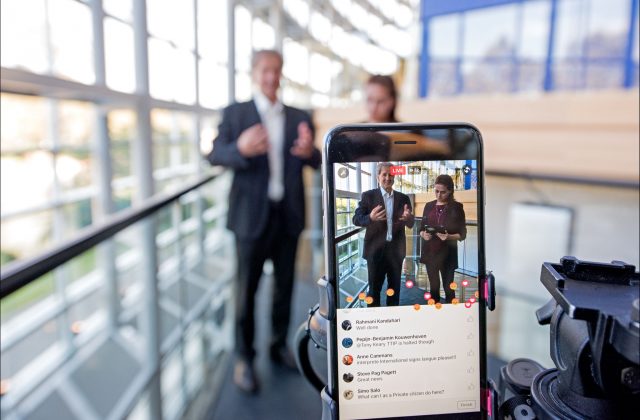
Fonds BJP Fellowship
The Fonds BJP Fellowship, offered by the Netherlands Institute for Advanced Study (NIAS) in cooperation with the Fonds Bijzondere Journalistieke Projecten (Fonds BJP), offers a unique opportunity to spend five months fully immersed in an interdisciplinary academic setting in the heart of Amsterdam.
What does the Fonds BJP Fellowship involve?
The fellowship allows journalists to devote themselves full-time to a substantial journalistic project—such as a non-fiction book, series of articles, podcast, documentary, or multimedia production—that will result in one or more Dutch-language publications. The residency runs for five months and offers both the tranquillity needed for deep work and the intellectual stimulation of an international academic community. Fellows have access to a private office, weekly seminars, and the full support of NIAS’s academic infrastructure.
Each year, NIAS welcomes around fifty scholars, writers, journalists, and artists from across the globe. The institute is renowned for its interdisciplinary approach, bringing together specialists from the humanities, social sciences, and beyond. Journalists under the Fonds BJP Fellowship programme are part of this diverse community, contributing their own methods, perspectives, and storytelling techniques, while also drawing inspiration from the wide-ranging research taking place around them.
Previous Fonds BJP Fellowships have proven that the exchange of ideas with scholars from the humanities, social sciences and other disciplines can enrich a journalist’s work. In this way, the fellowship contributes to the production of in-depth journalistic writing. At the same time, the journalist’s perspective, research methods and modes of communication open up new avenues for the scholarly work of other fellows.
What’s on offer?
Fellows receive a monthly stipend of €3,500 as compensation for their time investment. NIAS provides a private office in the city centre, access to its extensive library services, and participation in a wide range of academic and social activities. Communal lunches are served on weekdays, fostering informal exchange among fellows. For those with a one-way travel time of over 90 minutes, subsidised housing in Amsterdam may be available.
Fellows benefit from:
-
An office
-
Communal lunches
-
Access to NIAS library services and support
-
Weekly academic seminars and interdisciplinary dialogue
-
Social and cultural activities
-
A strong academic and international network
Read more about what NIAS offers and the fellowship’s practicalities.
Application and Selection
The fellowship is open to Dutch-speaking journalists—freelance or employed—who have already made significant progress on a journalistic project and wish to develop it further in an academic setting. Applications are open to makers of investigative series, longform journalism, podcasts, documentaries, visual journalism, and other journalistic formats, as long as the project is journalistic in nature and meets the criteria set by Fonds BJP.
Applicants must be able to participate fully in the life of the institute, including weekly academic seminars (in English) and at least four days of physical presence per week. While the working language at NIAS is English, the end result of the journalist’s project must be a Dutch-language publication.
Applications must be submitted in Dutch via the Fonds BJP. The Fonds assesses all applications and nominates a candidate to NIAS, which formally awards the fellowship.
Note: Former NIAS fellows may apply again only if at least ten years have passed since their previous residency.
About the Fonds Bijzondere Journalistieke Projecten
The Fonds BJP is a private initiative set up in 1990 by a group of well-known journalists. It funds a wide range of journalistic projects: articles, podcasts, documentaries, photography projects and non-fiction books, including biographies. The Fonds BJP receives support from the Dutch Ministry of Education, Culture and Science. It has contributed to the success of journalists such as Judith Koelemeijer, Geert Mak, Jeroen Smit and Annejet van der Zijl, and many projects financed by the Fonds BJP have been awarded journalism prizes.
Partnership NIAS and Fonds BJP
The (then called) Journalist-in-Residence programme was initiated by NIAS Rector Henk Wesseling and Ben Knapen, director of PCM, and aimed to give journalists from the Volkskrant and NRC the opportunity to work on a book in an academic setting and without interruption. The first fellow arrived in 2002. Currently, the Fonds BJP Fellowship at NIAS is open to a greater variety of candidates working on a wider range of journalistic projects.
Fellows' reports
- Romy Baarsen is a researcher and journalist and was in 2025 – 2026 journalist-in-residence at NIAS where she worked on her book Human and Border, exploring how violence at Europe’s external borders has become normalised and the institutional, political, and psychological forces that sustain it. In three parts, she takes readers behind the scenes of her research and shares her experiences during her time at NIAS (in Dutch): Tussen de regels, part one, Tussen de regels, part two, Tussen de regels, part three (not yet published).
- Sanne de Boer (2023/2024) reflects on her time at NIAS (in Dutch), where she worked on her new book about Italian mafia organization ‘Ndrangheta. It will be the follow-up to her acclaimed debut Mafiopoli, which was translated in English and German.
- Kasper van Laarhoven (2023/24), worked at NIAS on his book ‘Het Cornelius Haga Lyceum, orthodoxie in tijden van islamkritiek’. In his report, you can read how Kasper experienced his time at NIAS (in Dutch).
- Lynn Berger (2021/22), journalist for De Correspondent, about writing in a room of one’s own (in English).
- Saar Slegers (2020/21), radio journalist and podcast maker, on her fellowship in an audio interview (in Dutch).
- Marijn Kruk (2019/20), writing for De Groene Amsterdammer, on his corona-ridden fellowship (in English).
- Sarah Venema (2018/19), freelance journalist writing for De Volkskrant and De Groene Amsterdammer, reports about what happens when you enter NIAS (in English).
Past & present Fellows
-
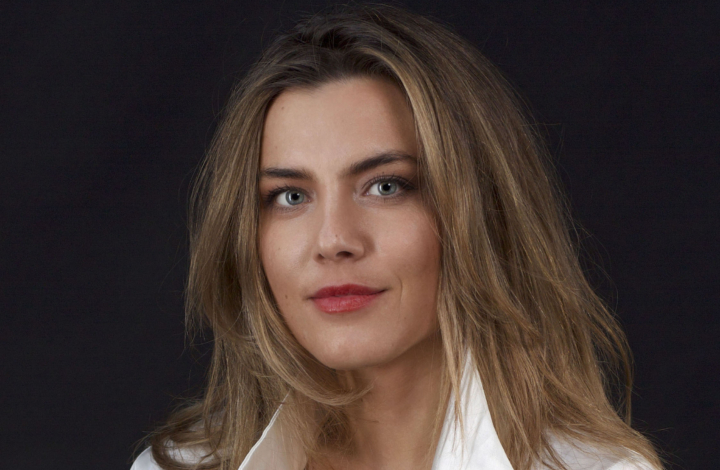
van Baarsen, Romy
Year Group 2025/26 Disciplines: Journalism, Law, Non-fiction, Public administration and political science, Sociology -
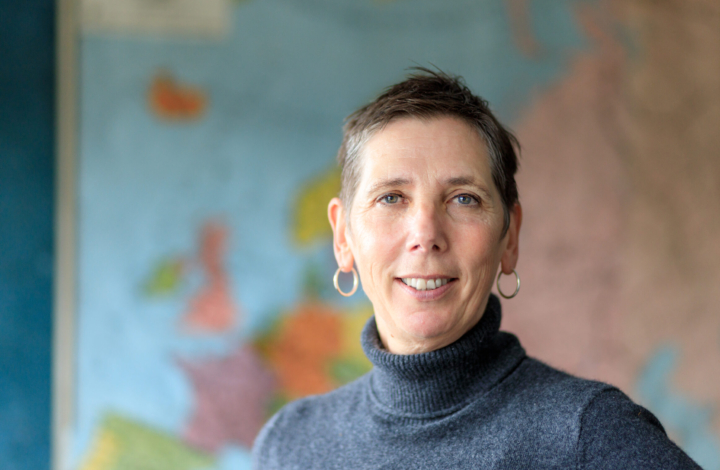
-
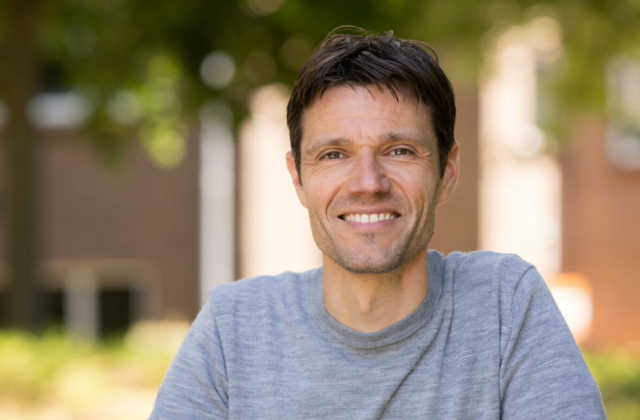
-
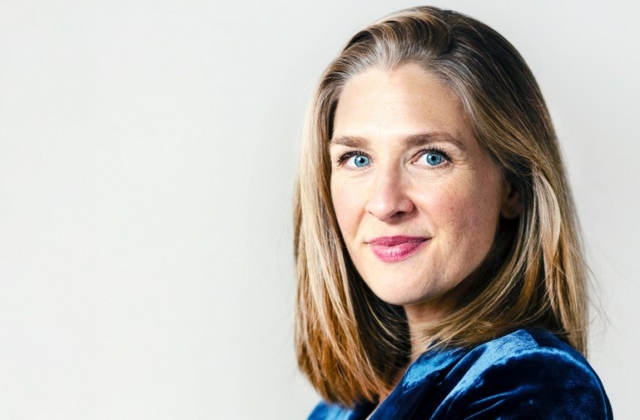
-
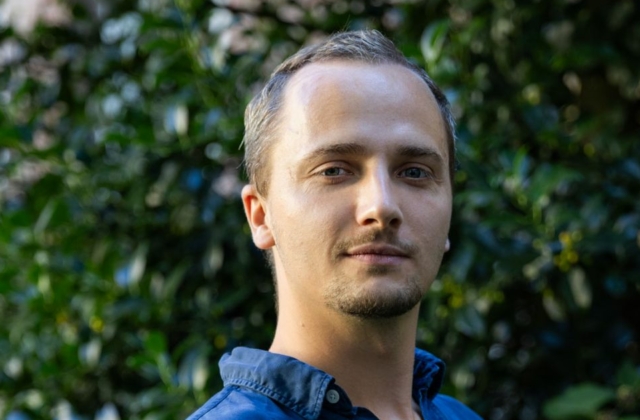
-
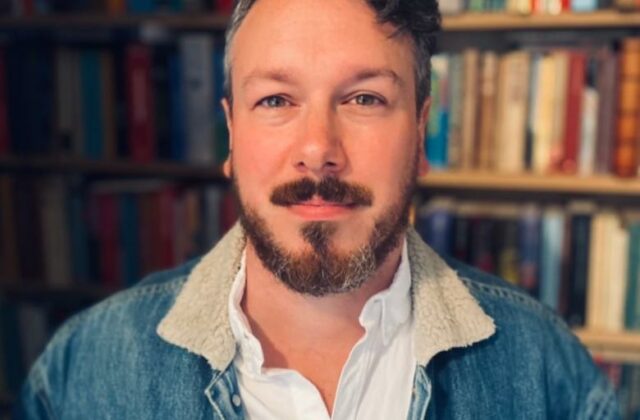
-
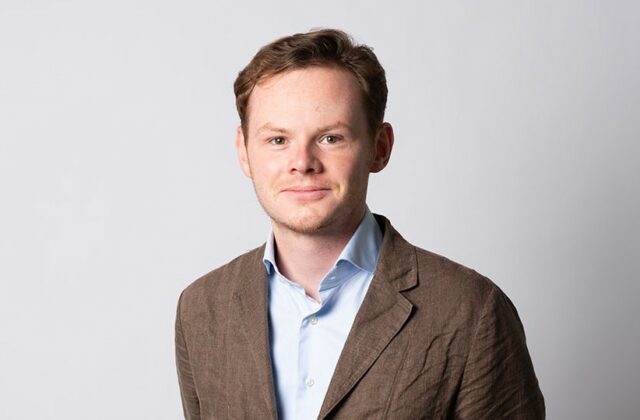
-
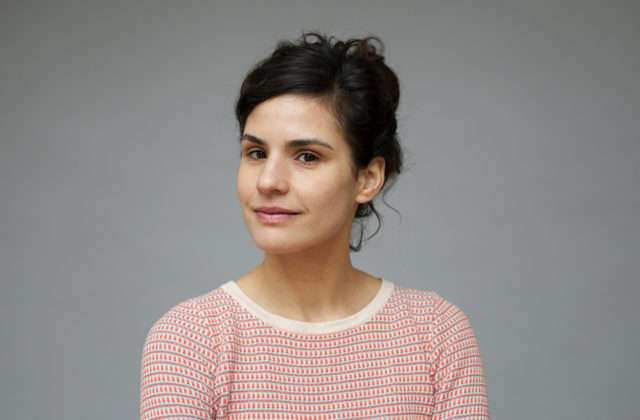
-
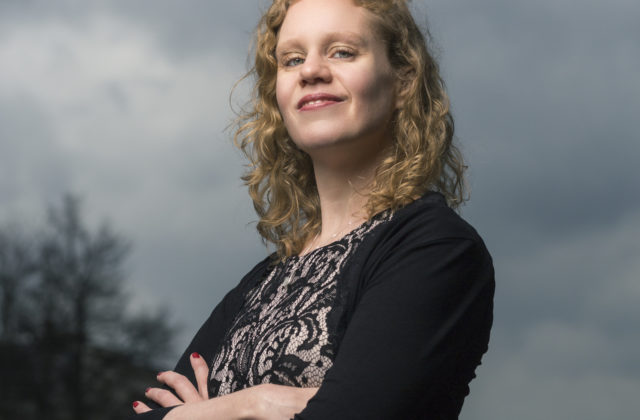
-
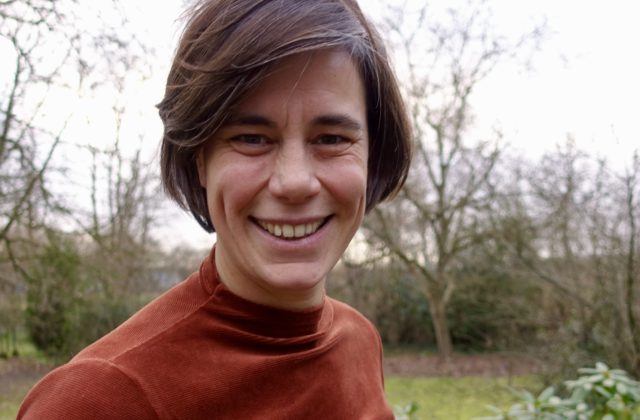
-
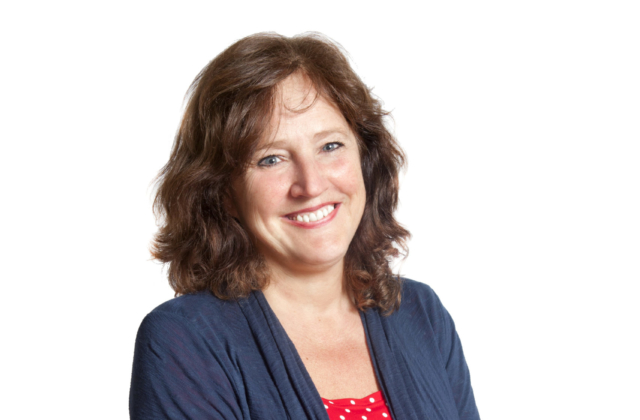
-
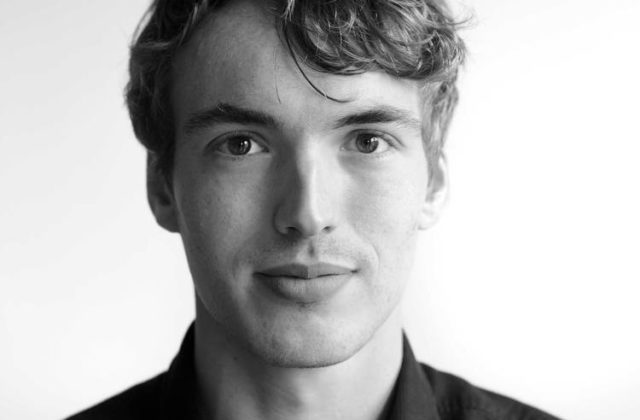
-
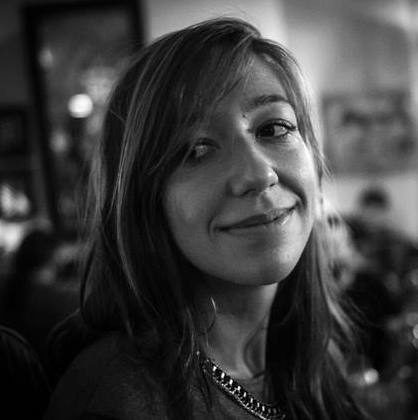
-
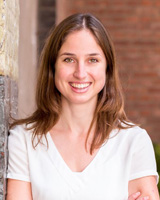
-
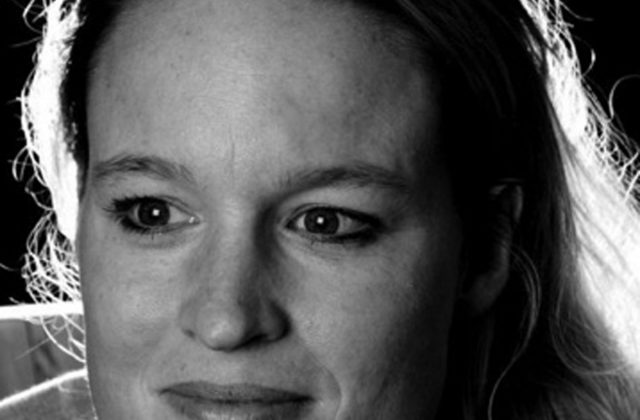
-
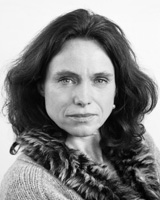
-
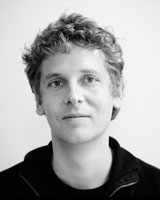
-
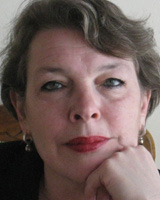
-
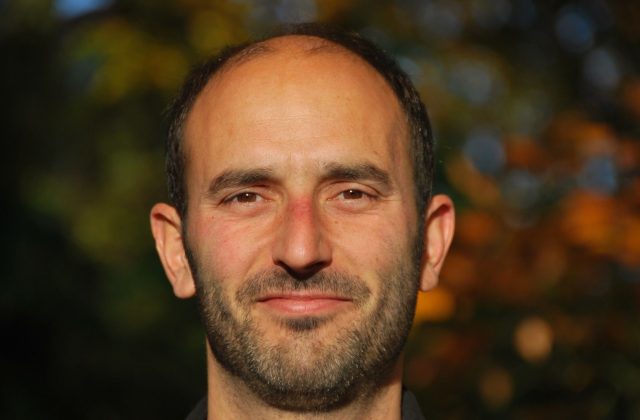
-
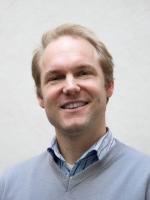
-
-
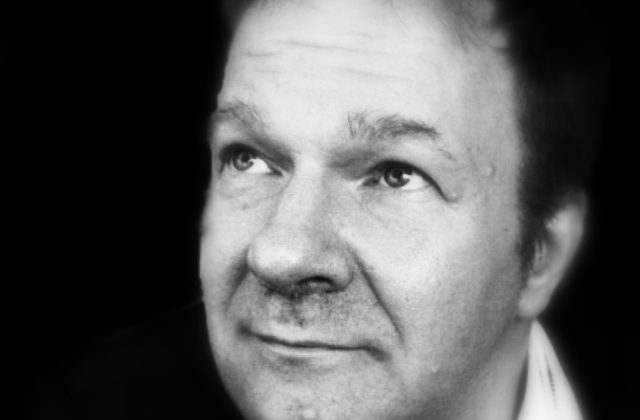
Bouwman, B.
Year Group 2010/11 -
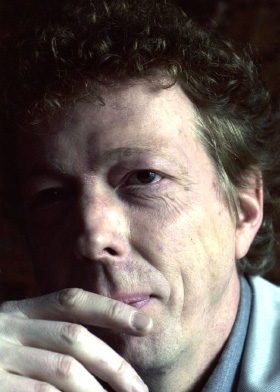
Ruys, K.
Year Group 2009/10 -
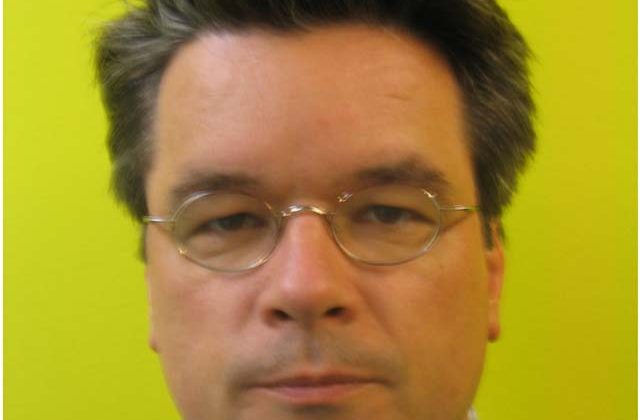
Meijer, R.
Year Group 2008/09 -

Casteren, J.
Year Group 2007/08 -
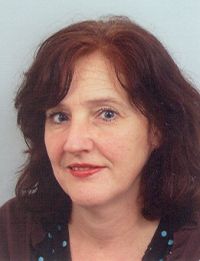
Truijens, A.
Year Group 2006/07 -
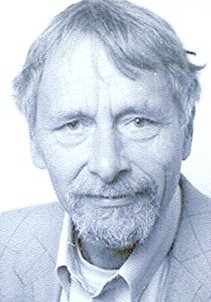
Breedveld, W.
Year Group 2003/04 -
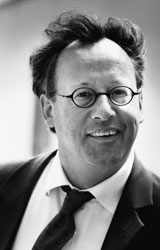
Wansink, H.A.
Year Group 2002/03 -
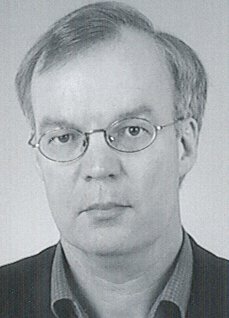
Delft, D. van
Year Group 2001/02 -
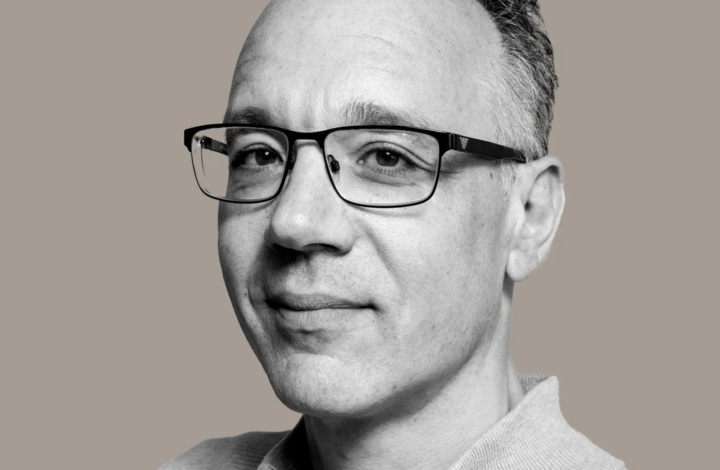
-
 Fellowship
FellowshipFonds BJP Fellowship
-
 Fellowship
FellowshipNIAS Fellowship
-
 Fellowship
FellowshipNIAS Theme Group Fellowships
-
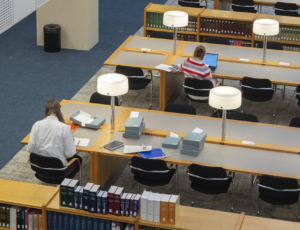 Fellowship
FellowshipKB Fellowship